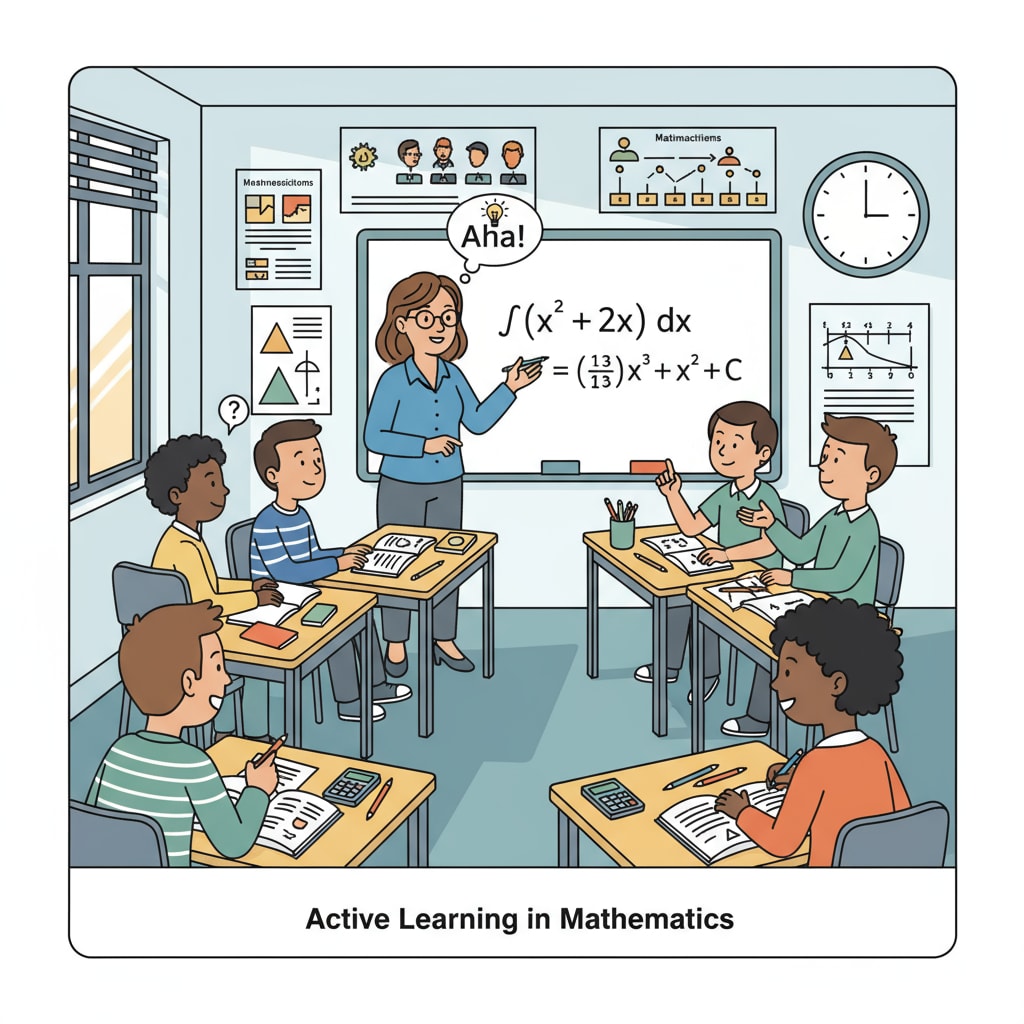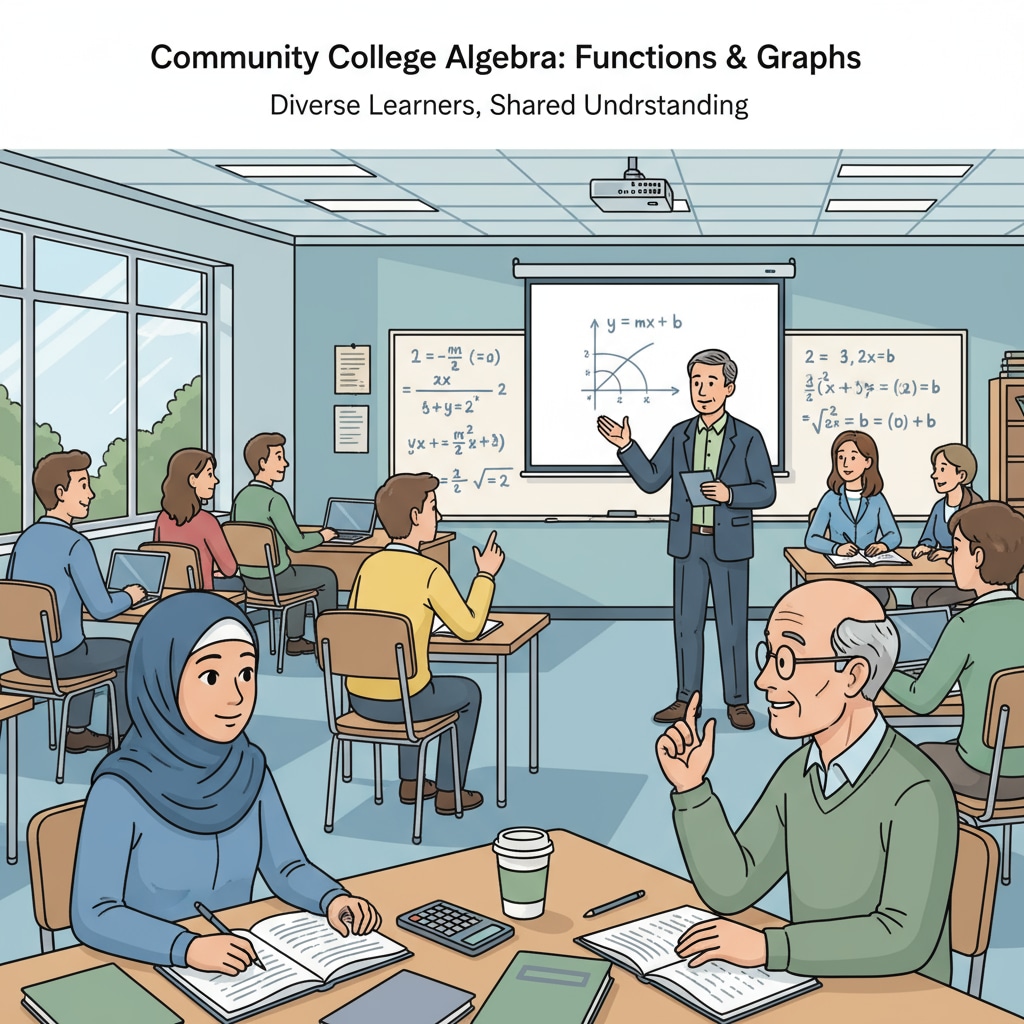For math majors considering a career in teaching, understanding the various career planning and educational paths available is crucial. This article will guide you through the different options, helping you make informed decisions on your journey to becoming a math teacher.

Teaching Platforms: High School
Teaching math at the high school level has its unique advantages. Firstly, you have the opportunity to shape young minds and introduce them to the wonders of mathematics. High school students are at a crucial stage of their academic development, and your influence can have a lasting impact. According to National Education Association (NEA), high school teachers play a vital role in preparing students for college or the workforce. However, the curriculum is often standardized, leaving less room for personal exploration. You may need to adhere strictly to the syllabus, which can be a bit restrictive for those who want to introduce more innovative teaching methods.
Community College Teaching
Community colleges offer another interesting path for math teachers. Here, the student body is more diverse, with individuals from different backgrounds and age groups. This provides a rich learning environment where you can use various teaching strategies. As stated on American Association of Community Colleges (AACC), community colleges aim to provide accessible education. But, you might face challenges in terms of students’ varying levels of mathematical proficiency. Some may need more basic instruction, while others are ready for more advanced topics.

University-Level Math Teaching
Teaching math at the university level is a prestigious option. You get to work with highly motivated students who are often passionate about mathematics. You can engage in research and contribute to the academic community. However, the pressure to publish research papers and meet high academic standards can be intense. University teaching also requires a deep understanding of advanced mathematical concepts and the ability to communicate them effectively to students.
Enhancing Your Prospects:辅修中等教育
Minoring in secondary education can significantly boost your chances of becoming a successful math teacher. It provides you with the necessary pedagogical skills, such as lesson planning, classroom management, and assessment techniques. This additional qualification makes you more competitive in the job market, especially when applying for high school teaching positions.
The Value of Spanish: A Language Advantage
Learning Spanish can be a game-changer in your teaching career. With a growing Spanish-speaking population, being able to communicate in Spanish can open doors to more opportunities. You can better engage with Spanish-speaking students and their families, creating a more inclusive learning environment. This language skill can set you apart from other candidates when applying for teaching jobs in diverse communities.
In conclusion, math majors have a wide range of educational paths to consider when aiming for a career as a math teacher. By carefully evaluating the pros and cons of different teaching platforms and enhancing your skills through additional qualifications like a minor in secondary education or learning Spanish, you can find the most suitable career path for yourself. Start planning early and take steps to achieve your dream of becoming an outstanding math teacher.
Readability guidance: The article uses short paragraphs and lists to summarize key points. Each H2 section provides a list of relevant information. The proportion of passive voice and long sentences is controlled, and transition words are scattered throughout the text to enhance readability.


